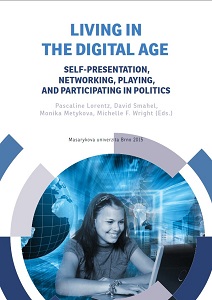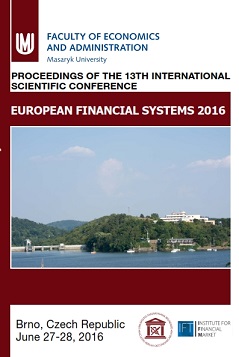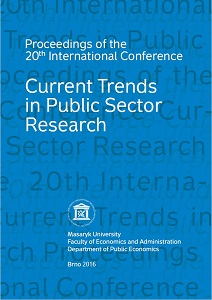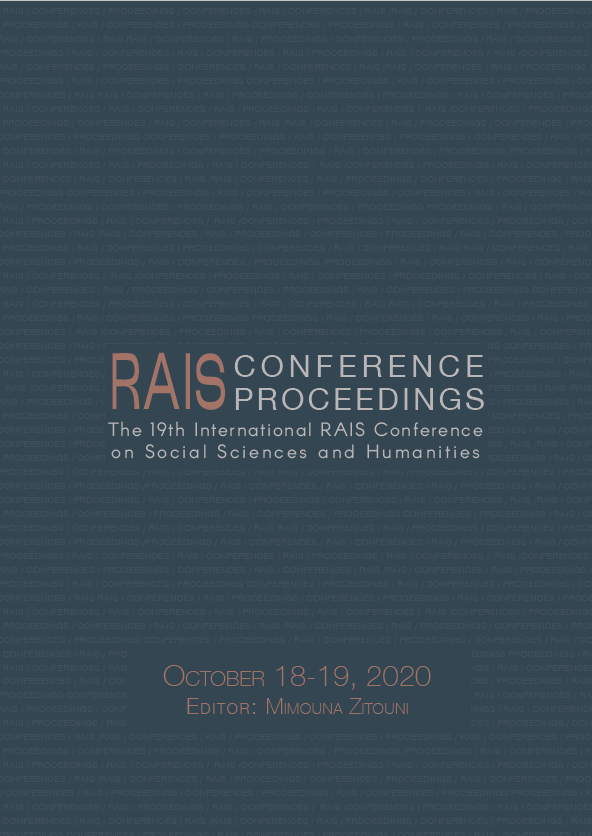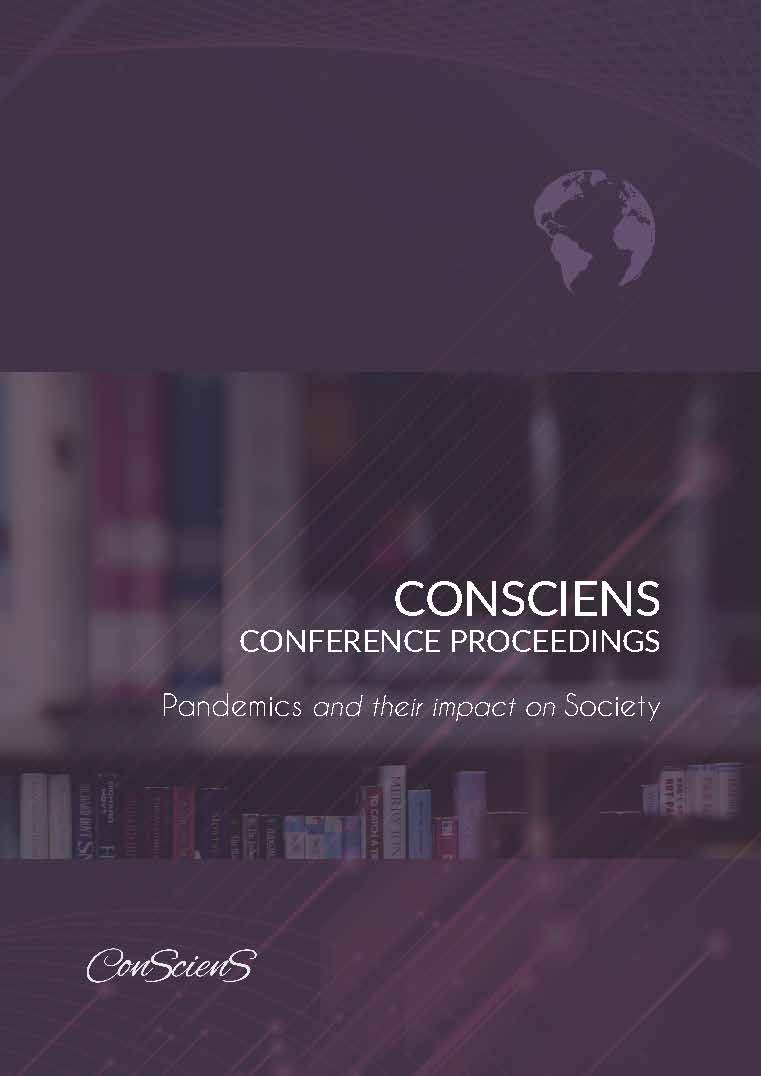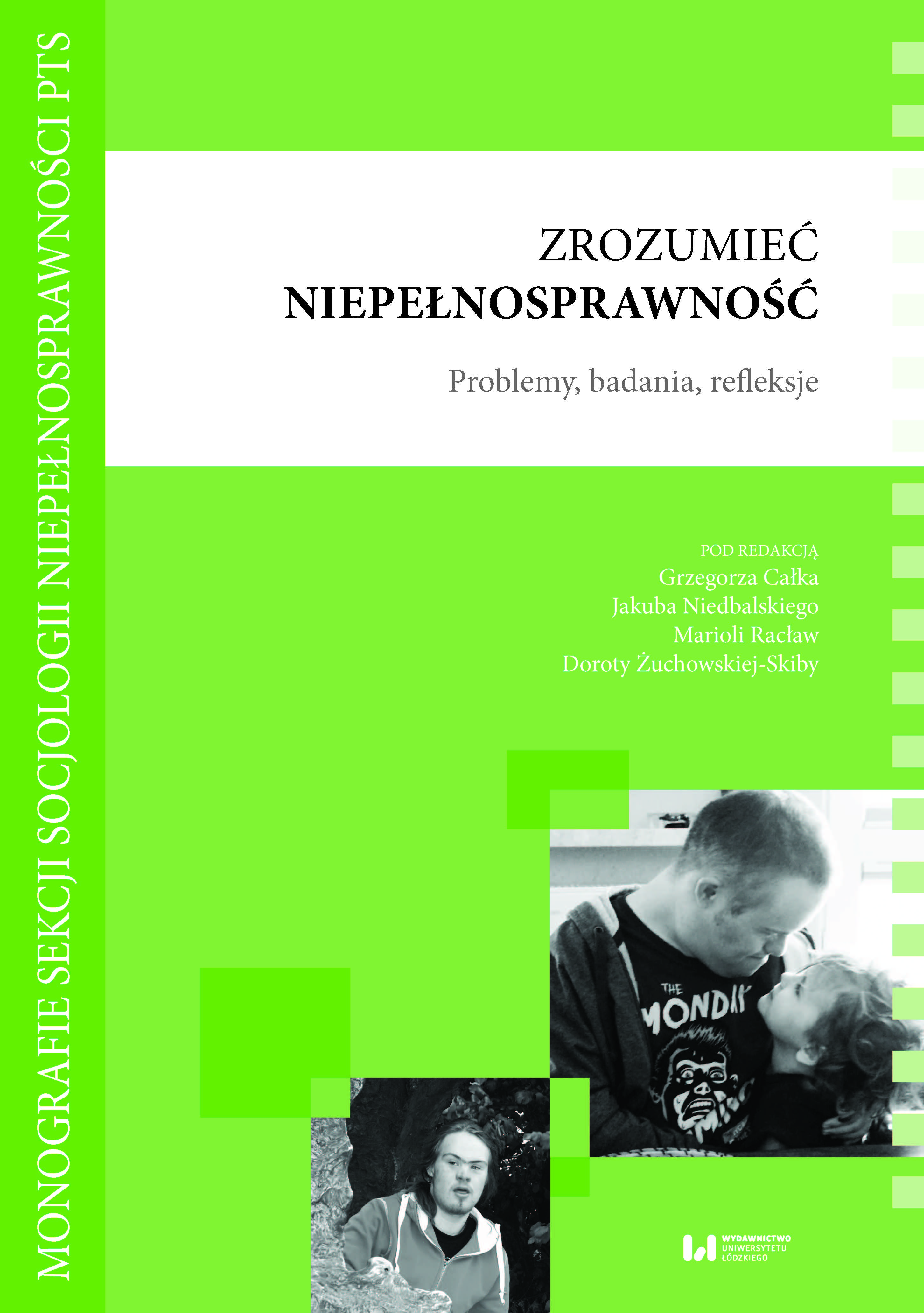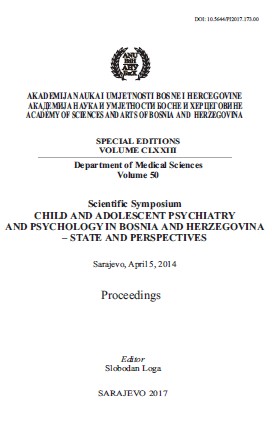Author(s): Camil Tănăsescu / Language(s): English
Publication Year: 0
With the recession generated by the sudden appearance of the infectious agent Sars-COV-2, the whole world has amazingly, unusually, limited its economic and social activity. At the same time, this collapse represents an exogenous and symmetrical opposition to the systems of law, health, education, economy, finance, transport, protection and defense of fundamental rights and freedoms. The pandemic is a state of security, government and population to adhere or not to what was obvious: the virus is still alive and we are preferences. From here, we mean firm attitudes to comply with special provisions to help negative attitudes, such as to justify stray outings in groups, denial of dangers or amnesia on compliance with regulations. Throughout this article, we aim to review the consequences that the behavior of the individual or companies will support and translate into group-level behavior. It is understandable that this period is a crossroads and that, as soon as the phenomena return to normal, we will realize the behavior acquired during the COVID-19 pandemic, as well as how it affects the protected social relations protected by legal norms. Another coordinate proposed for debate and analysis is whether the state of the pandemic affects the social value of trust and what implications may have the distrust of individuals in the measures taken by state authorities, but also distrust of the authorities in citizens, and the repercussions on implementing new rules with character prohibitive.
More...
